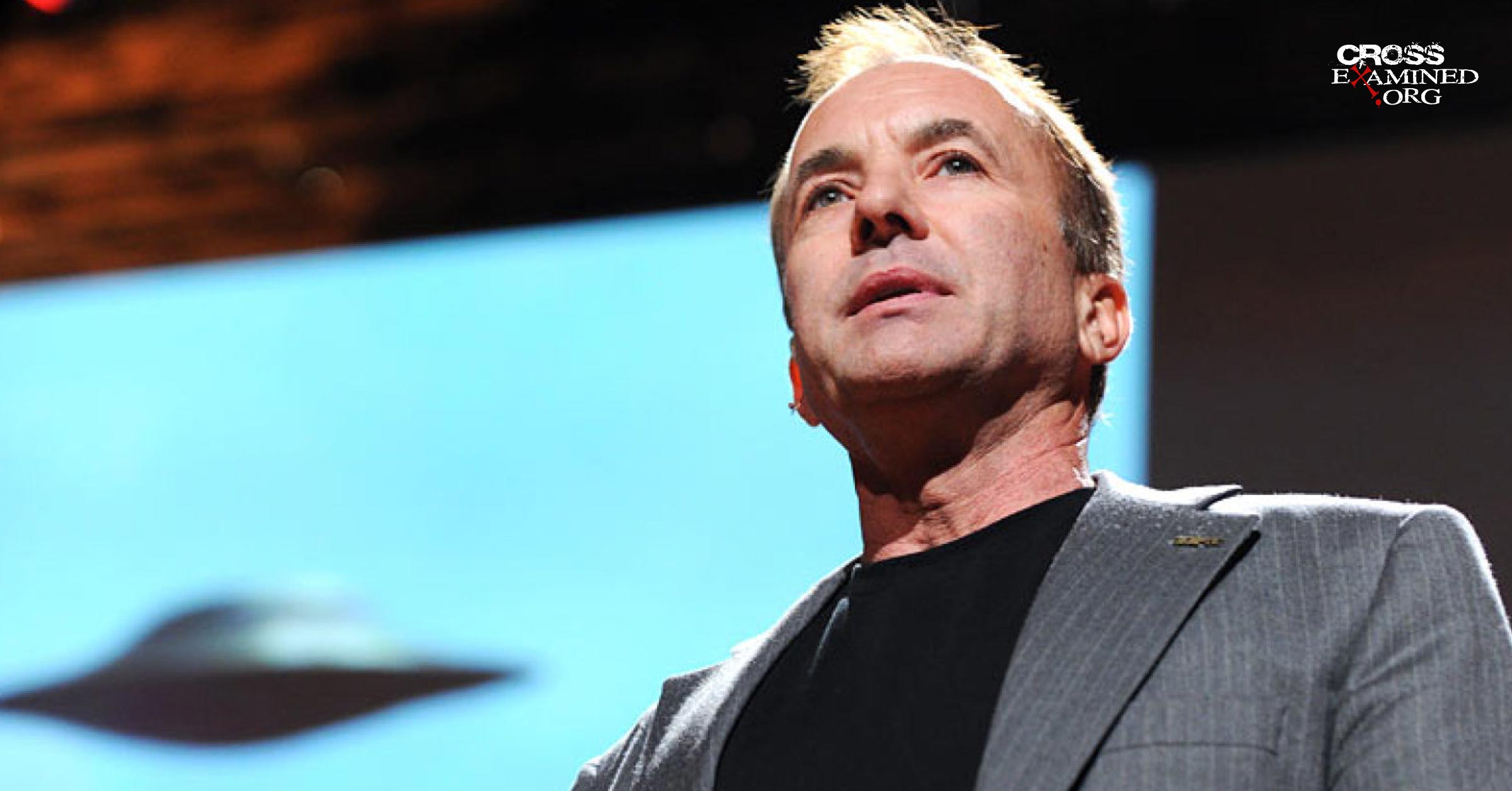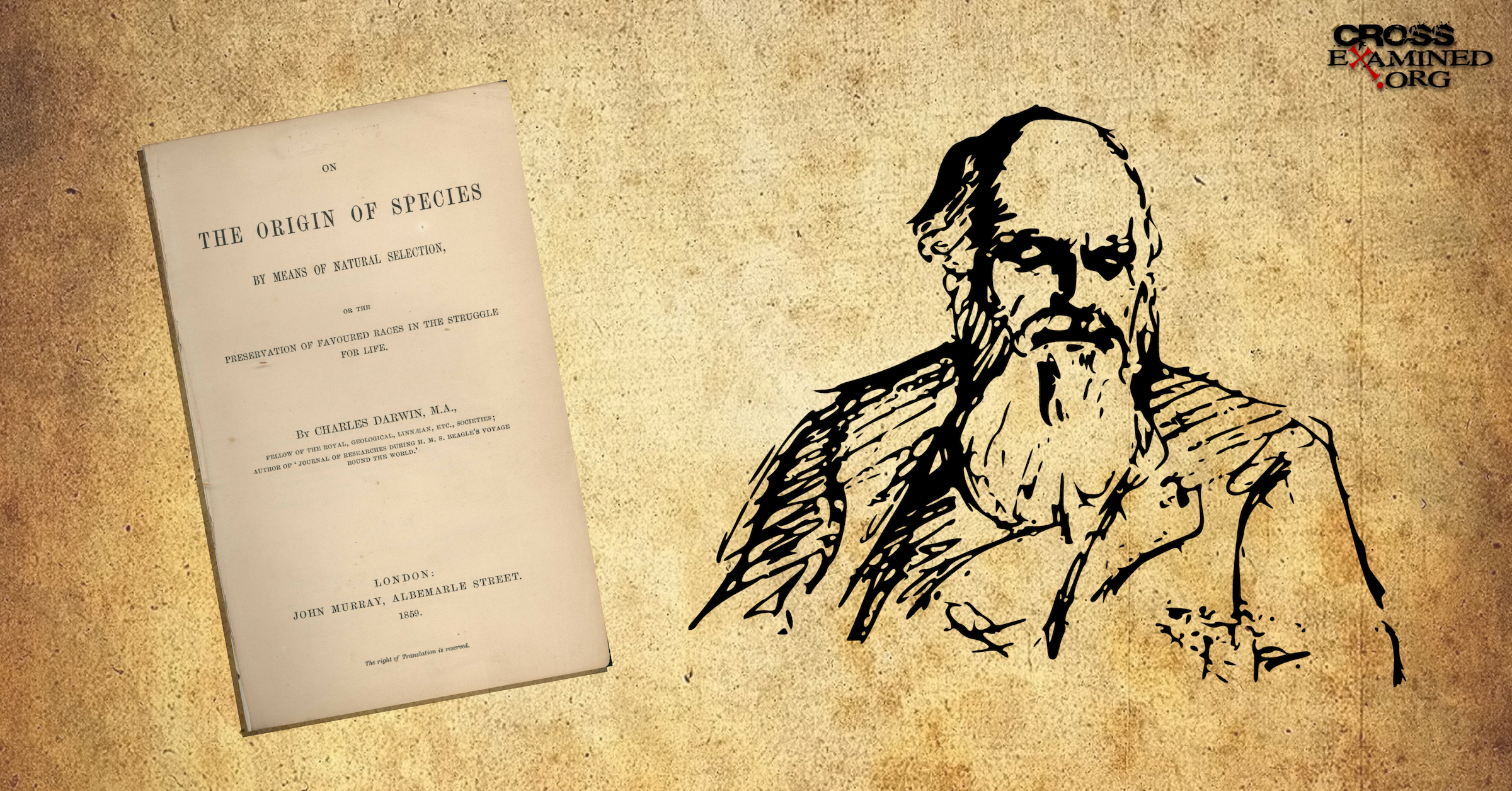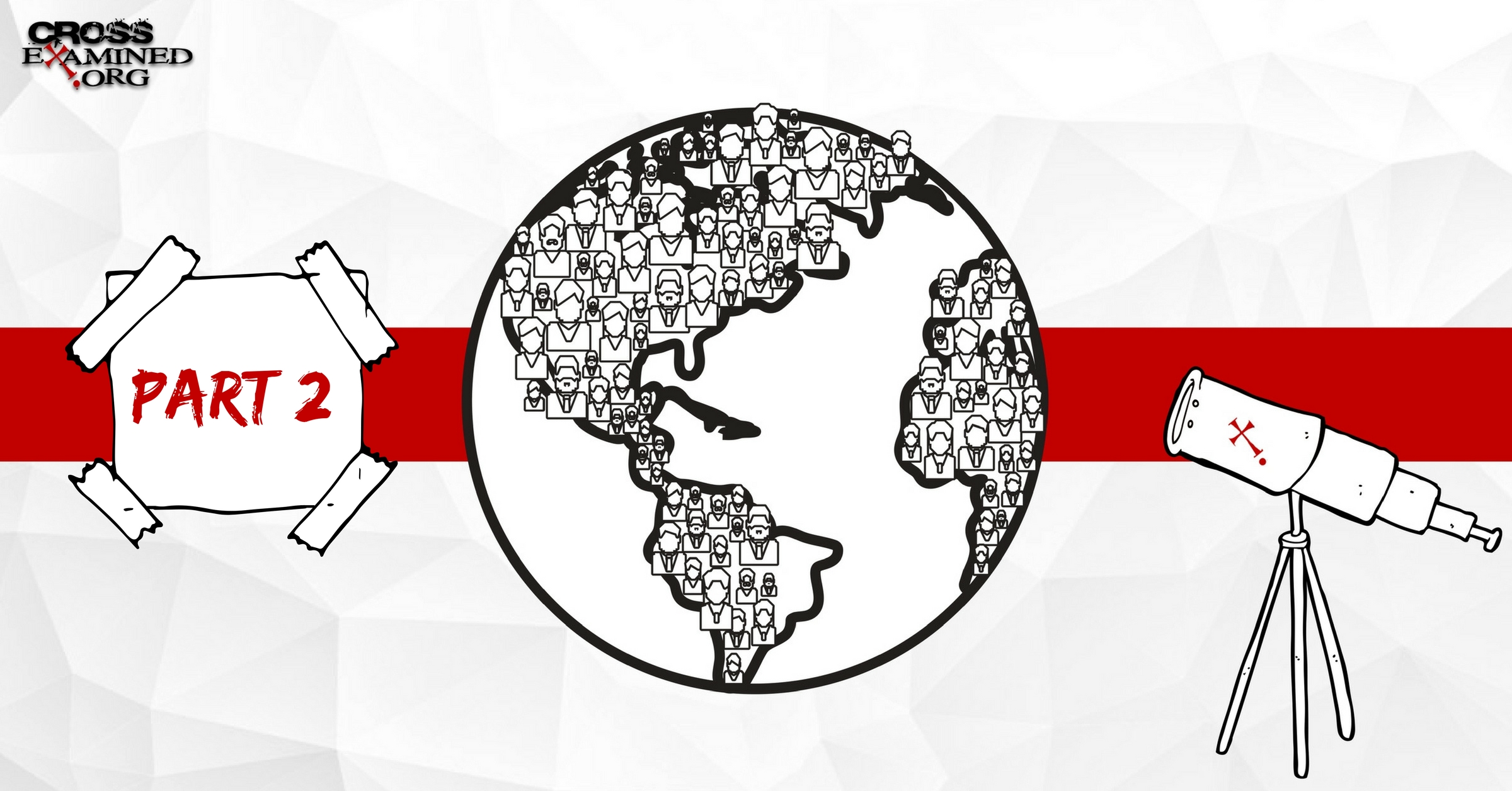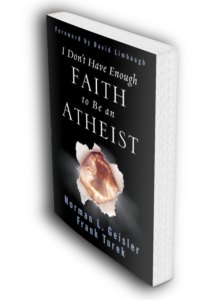The human body is a marvelous and complex system. Of special interest is the cellular mechanism of the body. Every 7-10 years, the cells of the body replace themselves, to the point that the body is essentially new every decade.[i]
While the DNA remains the same over the course of a person’s life, the cells change at varying rates. A person’s stomach lining replaces itself every few days. The skin’s epidermis replaces itself every 2 to 4 weeks. The body’s hair changes every 6 years for women and 3 years for men. Liver cells rejuvenate every 150 to 500 days. Bones take around 10 years to change.
Philosophically speaking, the materialist has a problem if he decides to claim that the body is all of human existence. If humans are only their bodies, then each person changes completely every decade. However, this poses severe challenges to personhood. The lack of permanence is not feasible for a person’s essence. Thus, an immaterial soul is required to explain the permanence of the human psyche for three reasons.
Defense of the Immaterial Soul from Personal Identity
First, the immaterial soul must exist to verify continued personal identity. Looking back at our lives, it is clear that we look different each decade. I remember looking back at photos from my high school days. Before wearing contact lenses, I donned thick glasses that automatically darkened when in daylight. With a thick bouffant hairstyle, thin moustache, and 80s-style glasses, I looked something like an officer or detective from a 70s television show. I was much like an officer from CHiPs, but without the cool motorcycle.
Though I may be embarrassed by my stylish choices in high school, never would I dare to say that I was not the same person that I am today. Yes, I have changed, grown, and matured over the years. But I maintain the same identity that I did back then. Permanence of personal identity with an ever-changing body is only possible if our identities are held together by an immaterial soul. Without it, there is no guarantee that we will retain our personal identity.
Defense of the Immaterial Soul from Personal Constancy
Second, the immaterial soul is imperative to explain personal constancy. Consider for a moment if the materialist is right in that the body is the only component of personal human identity. That would mean that the person completely changes every decade. Thus, a crime committed in 2015 could not be tried in 2025 because the person is not the same. Since the body has completely changed, the person must have also completely changed if the body is all there is to personal identity. Thus, no one could be held accountable for what was done over time. Additionally, no one could be rewarded for something they accomplished over time.
For some, this may sound absurd. However, the lack of personal constancy is the metaphysical deduction from materialism, when it is allowed to be taken to its ultimate conclusion. The immaterial reality is necessary to account for the constancy of personal identity.
Defense of the Immaterial Soul from Personal Growth
Lastly, if a person did not have an immaterial mind, will, and emotions found in the immaterial soul, then a person would not learn and grow over time. Even brain cells regenerate over time, at least to a degree.[ii] Granted, learning does interact with the brain. However, if personal identity was only found in chemicals and cellular changes, growth could not occur. Yet, a person learns, grows, and develops one’s character over time. This is something that occurs within the immaterial soul. Again, given the changes that occur, a person would always be in a constant state of flux with no consistency or permanence. The soul working with the body is what gives an individual personal identity. This mind-body connection is also known as hylomorphism.[iii]
Conclusion
Since the early days of philosophy, scholars have sought to understand the complex relationship between permanence and change. Materialists often accept change without any sense of permanence, whereas rationalists, such as Parmenides (510 BC) believed that reality is “just being, one single solitary unchanging being. Reality is the One.”[iv] The body is in a constant state of flux. Thus, the only way a person could have a permanent, constant identity is if a person has an immaterial soul, a soul that serves as the form of the body.
References:
[i] Chris Opfer and Allison Troutner, “Does Your Body Really Renew Itself Every Seven Years?,” HowStuffWorks.com (Sept. 22, 2022), https://science.howstuffworks.com/life/cellular-microscopic/does-body-really-replace-seven-years.htm.
[ii] Tim Newman, “Brain cells keep growing well into our 70s,” MedicalNewsToday.com (April 7, 2018), https://www.medicalnewstoday.com/articles/321416.
[iii] Norman Geisler, Systematic Theology: In One Volume (Minneapolis, MN: Bethany House, 2011), 636-637, 1221-1222.
[iv] Daniel J. Sullivan, An Introduction to Philosophy: Perennial Principles of the Classical Realist Tradition (Charlotte, NC: TAN, 1957), 20.
Recommended Resources:
The Great Book of Romans by Dr. Frank Turek (Mp4, Mp3, DVD Complete series, STUDENT & INSTRUCTOR Study Guide, COMPLETE Instructor Set)
Jesus, You and the Essentials of Christianity by Frank Turek (INSTRUCTOR Study Guide), (STUDENT Study Guide), and (DVD)
How to Interpret Your Bible by Dr. Frank Turek DVD Complete Series, INSTRUCTOR Study Guide, and STUDENT Study Guide
Debate: What Best Explains Reality: Atheism or Theism? by Frank Turek DVD, Mp4, and Mp3
Brian G. Chilton earned his Ph.D. in the Theology and Apologetics at Liberty University (with high distinction). He is the host of The Bellator Christi Podcast and the founder of Bellator Christi. Brian received his Master of Divinity in Theology from Liberty University (with high distinction); his Bachelor of Science in Religious Studies and Philosophy from Gardner-Webb University (with honors); earned a Certificate in Christian Apologetics from Biola University, and plans to purse philosophical studies in the near future. He is also enrolled in Clinical Pastoral Education to better learn how to empower those around him. Brian is a member of the Evangelical Theological Society and the Evangelical Philosophical Society. Brian has served in ministry for over 20 years and currently serves as a clinical hospice chaplain as well as a pastor.
Originally posted at: https://bit.ly/4j530XP













